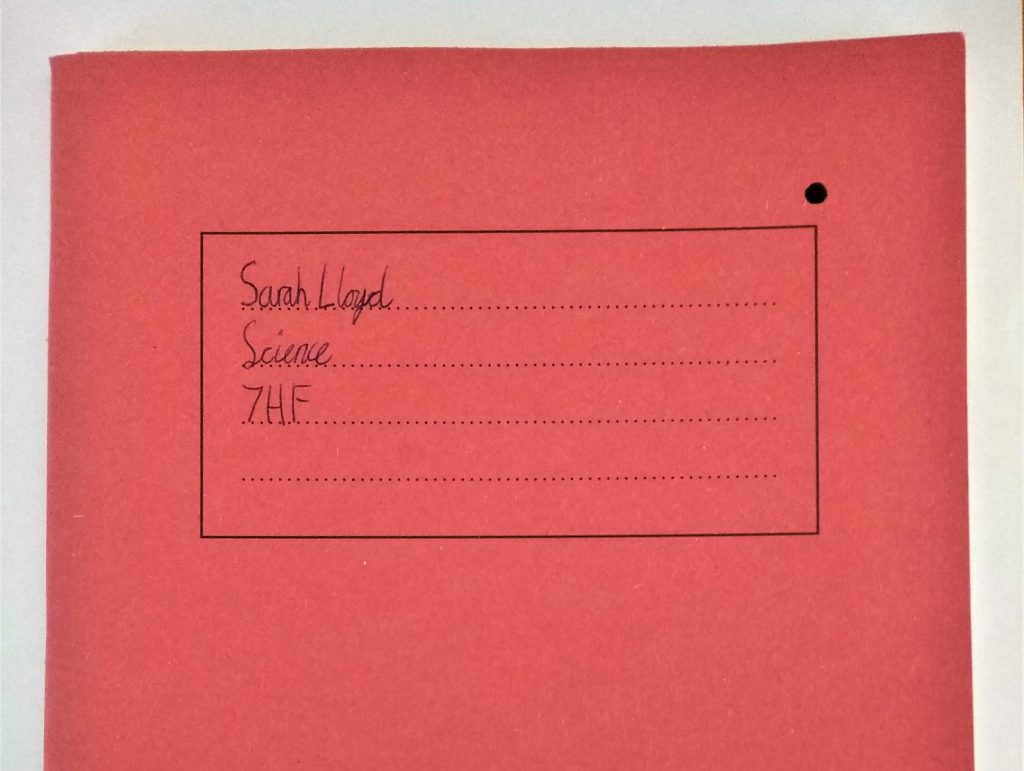This post is based on ongoing research in 32 secondary schools across England. So far we’ve talked to over 100 students, and we’re learning more all the time about what it’s like to be on the other end of schools’ pupil premium policies. Here’s a few things we’ve found so far…
1/ Even small sums of money are very meaningful to some families. It matters to get the three pounds back for the materials for the tech lesson.

2/ It is very confusing for a student not to get a straight-forward answer to the question, “Why don’t I have to pay?”. Even if they seem happy with the answer, “It must be your lucky day!”, they come to believe that teachers are embarrassed to talk about the pupil premium…
3/…so it’s a good idea for schools to have a strategy regarding how teachers communicate with students about pupil premium, so that teachers are prepared for facing questions like, “Why me?” and students are well-informed, so they don’t have to ask.
4/ In fact, the majority of teachers don’t even know if their pupil premium students are aware of their status and therefore wouldn’t broach the subject…
5/ …but pupil premium students all agree that the pupil premium is a very good thing, so long as it’s implemented privately.
6/ The point about privacy is, however, *very* important for young people eligible for pupil premium. They don’t want to be handed free goodies in front of their peers (this happens A LOT) and they *do* find it weird that their book has a mark on it…
7/ ….but they think that the pupil premium in general should be talked about more – to *all* students and *all* parents, so there is more understanding…
8/ And most students (both those eligible for pupil premium and those not) think it is fair for families with less money to get some school resources paid for. In fact, it’s just not a big issue for young people…
9/ But some teachers find some pupil premium policies discriminatory. It can feel odd on the ground, for example, when one student is forced to do a mathematics intervention (for pupil premium students only) that a teacher believes another child would benefit more from…
10/… so a blanket approach to pupil premium can be difficult for teachers to get on board with, and it also labels and marks pupil premium students out from their peers… the other children *are* aware that the intervention is only for pupil premium students.
11/ And finally (although the research is continuing)…. Young people eligible for pupil premium are happy to be called a ‘pupil premium student’. That’s a good phrase. But they find the term “disadvantaged student” demoralising and inappropriate. We should stop using it.
